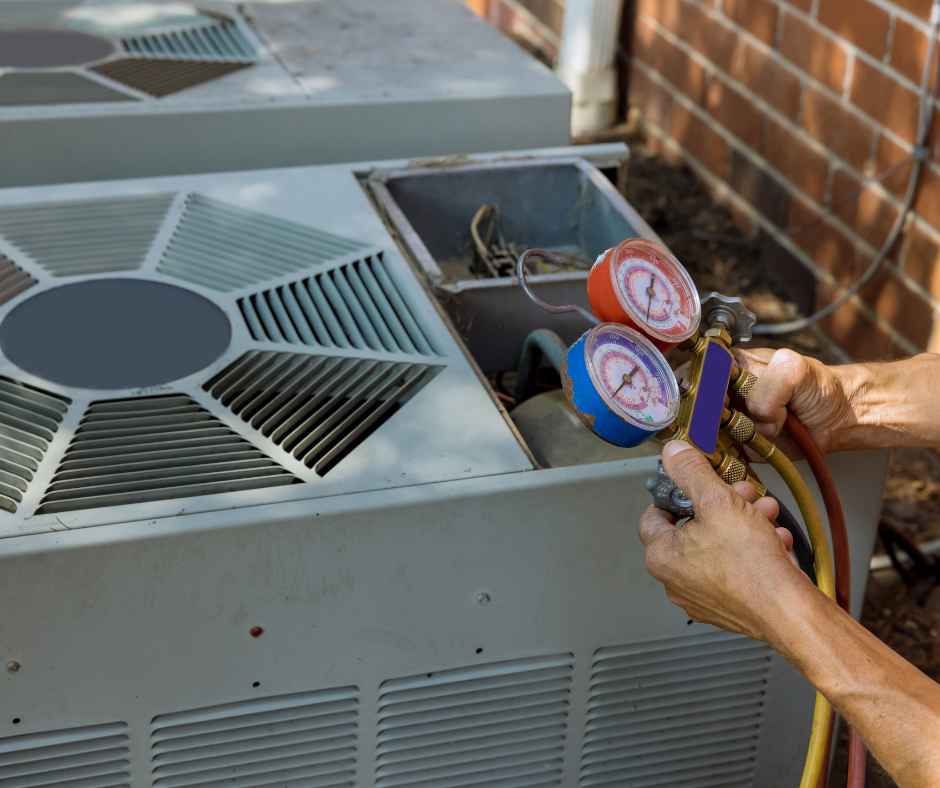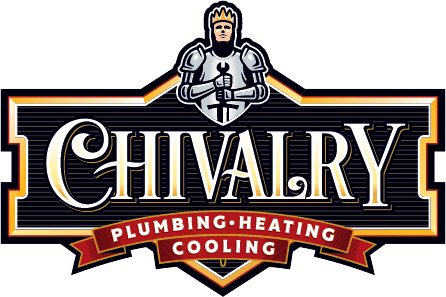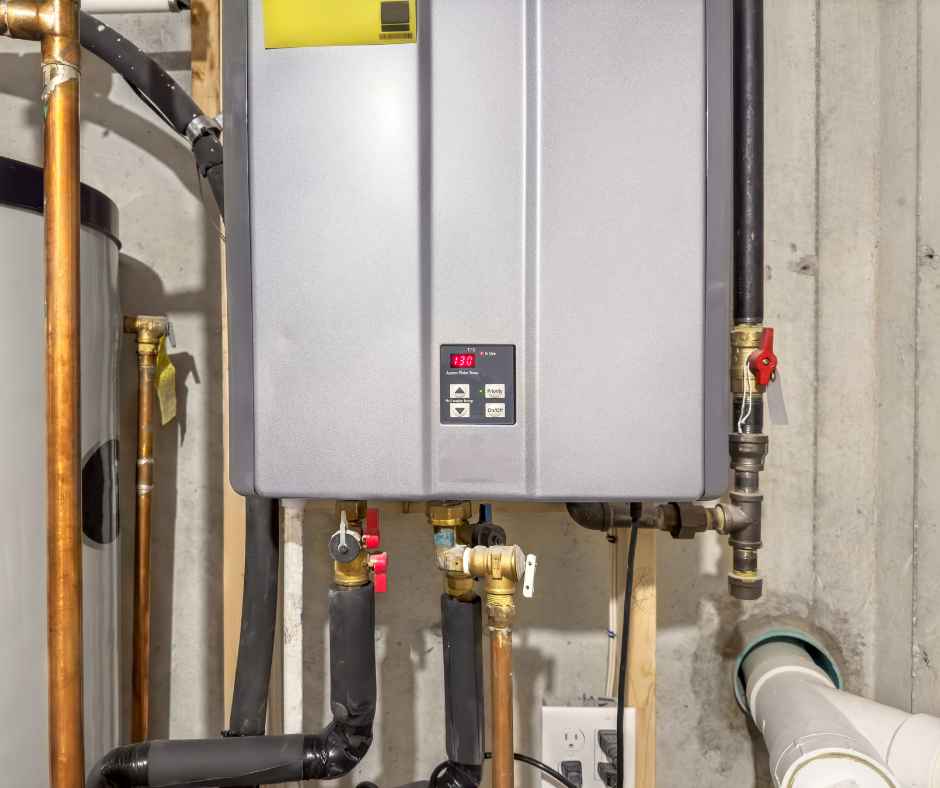
Tankless vs. Traditional Water Heaters: An Unbiased Cost-Benefit Analysis
For many homeowners, the decision between a tankless and a traditional water heater feels overwhelming. Both systems provide hot water, but the way they operate, their efficiency, and their long-term costs can be very different. Choosing the wrong option can leave you with higher utility bills, more frequent maintenance, or even running out of hot water when you need it most.
A tankless water heater is often seen as the modern solution, offering on-demand hot water and energy efficiency. On the other hand, traditional tank-style heaters remain popular for their lower upfront costs and ability to deliver hot water to multiple fixtures at once. Each system has clear strengths and trade-offs that should be carefully weighed.
This blog will break down the differences between tankless and traditional water heaters, exploring upfront costs, efficiency, lifespan, and household suitability. By the end, you’ll have a clear picture of which option best matches your family’s needs, lifestyle, and budget.
Why Choosing the Right Water Heater Matters
Water heating accounts for a significant portion of a household’s energy use, which means the type of system you choose directly affects your monthly utility bills. A properly sized and efficient water heater not only provides reliable comfort but also helps reduce long-term expenses. For many families, this decision has lasting financial and practical consequences.
Homeowners in Massapequa and the surrounding area should consider their options carefully before installing or replacing a water heater. Local weather, household size, and usage patterns all play a role in determining which system is the best fit. Choosing without considering these factors may leave you with a unit that struggles to keep up with demand or costs more to operate than expected.
The wrong water heater can cause more than just inconvenience. Inefficient systems can lead to wasted energy, higher bills, and shorter lifespans. In some cases, an ill-fitting unit can even affect resale value if potential buyers see it as outdated or impractical. That’s why understanding the differences between tankless and traditional systems is essential before making a decision.
Key Differences Between Tankless and Traditional Water Heaters
When comparing water heaters, it helps to first understand how the two main types operate. Tankless water heaters and traditional storage tank units both serve the same purpose, but the way they deliver hot water and the benefits they offer are very different. Knowing these differences makes it easier to weigh the pros and cons based on your household’s needs.
Tankless Water Heaters
Tankless systems, often called on-demand water heaters, heat water only when it’s needed. This means they don’t waste energy keeping a large tank of water hot at all times. Their compact design saves space and makes them a good option for smaller homes. Many homeowners appreciate that tankless models provide a continuous supply of hot water, which is ideal for long showers or back-to-back usage.
However, tankless units also come with challenges. The upfront cost is significantly higher than that of a traditional water heater, and installation may require upgrades to your home’s gas or electrical systems. They can also struggle to keep up when multiple fixtures demand hot water at the same time, making them less ideal for large families without additional units.
Traditional Water Heaters
Traditional water heaters store and heat a set amount of water in a tank, usually between 40 and 80 gallons. Because hot water is always available in the tank, they can easily handle simultaneous demands like showers, dishwashing, and laundry. Their lower upfront cost also makes them attractive for homeowners who want a budget-friendly installation.
The trade-off, however, comes in efficiency and long-term costs. Traditional models lose energy through standby heat loss, which means the system continuously works to keep water hot even when not in use. They also take up more space and typically have a shorter lifespan than tankless units. For families planning to stay in their home long-term, these drawbacks may outweigh the initial savings.
Cost-Benefit Analysis: Tankless vs. Traditional Water Heaters
Once you understand how tankless and traditional systems operate, the next step is to compare the costs and benefits in practical terms. Homeowners should look beyond the purchase price and consider installation, efficiency, maintenance, and household suitability before making a final decision.
Upfront and Installation Costs
Traditional water heaters are the clear winner when it comes to initial expense. They are less costly to purchase and generally easier to install, making them the more budget-friendly choice upfront. Tankless models require a higher investment, and installation may involve upgrading gas lines or electrical systems, which can further increase costs. While the initial price tag is higher, many homeowners see this as an investment in long-term efficiency.
Energy Efficiency and Utility Savings
Tankless water heaters stand out in terms of efficiency. By heating water only when needed, they eliminate standby energy loss and reduce monthly utility bills. Over time, these savings can help offset the higher upfront cost. Traditional water heaters, on the other hand, continuously use energy to keep water hot in the tank, which results in higher operating costs year after year.
Maintenance and Lifespan
Both types of systems require maintenance, but their needs differ. Traditional water heaters should be flushed annually to prevent sediment buildup, and most last 10 to 15 years. Tankless units require descaling to remove mineral deposits, but they generally last 20 years or more with proper care. This longer lifespan makes tankless models appealing for homeowners planning to stay in their home long-term.
Household Suitability
The size of your household and your daily hot water habits often determine which system works best. Tankless water heaters are ideal for smaller households or those with moderate hot water use, as they provide continuous supply without running out. Larger families with high demand may find that a traditional water heater better supports multiple fixtures running at once, unless they are willing to invest in multiple tankless units.
Additional Tips for Homeowners Deciding Between Tankless and Traditional Systems
Choosing the right water heater isn’t only about upfront cost or efficiency ratings. There are other practical considerations that can make one system a better fit for your home than the other.
Space is one factor that often gets overlooked. Tankless water heaters are compact and can be mounted on a wall, which is ideal for homes with limited storage or utility room space. Traditional water heaters, by comparison, require a larger footprint that not every home can easily accommodate.
Budget is another important consideration. If you plan to stay in your home long-term, the higher investment of a tankless system may pay off in energy savings and longevity. For homeowners on a tighter budget or those who may sell their home in a few years, a traditional unit could be the smarter short-term choice.
You should also think about your household’s hot water habits. If multiple people in your home often need hot water at the same time, a traditional system may be better suited unless you are prepared to invest in more than one tankless unit.
Finally, consulting a licensed plumbing professional helps you make the most informed choice. An expert can evaluate your home’s layout, hot water needs, and long-term goals to recommend the system that will serve you best.
Making the Right Choice for Your Home
Deciding between a tankless and a traditional water heater comes down to balancing costs, efficiency, and your household’s needs. Tankless systems offer long-term savings, endless hot water, and compact design, but they require a higher upfront investment. Traditional water heaters remain popular for their affordability and ability to handle high-demand situations, though they come with higher long-term operating costs.
There’s no one-size-fits-all answer. The right choice depends on how much hot water your household uses, your budget, and your long-term plans for the home. By weighing the pros and cons of both systems, you can make a decision that provides reliable comfort and value.
If you’re ready to explore your options, Chivalry Plumbing, Heating & Cooling is here to help. Contact us today to schedule a consultation and learn which water heater is the best fit for your Massapequa home. Our team can guide you through the installation process and ensure your family enjoys dependable hot water for years to come.
Recent News
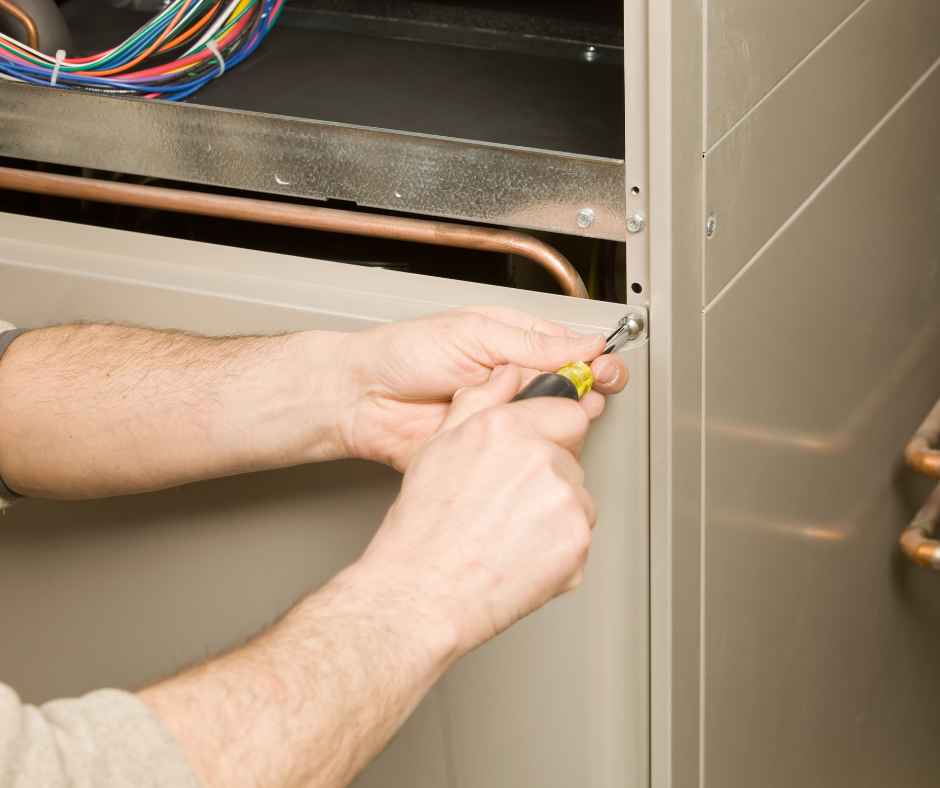
How to Lower Heating Bills During a Long Island Winter Without Losing Comfort
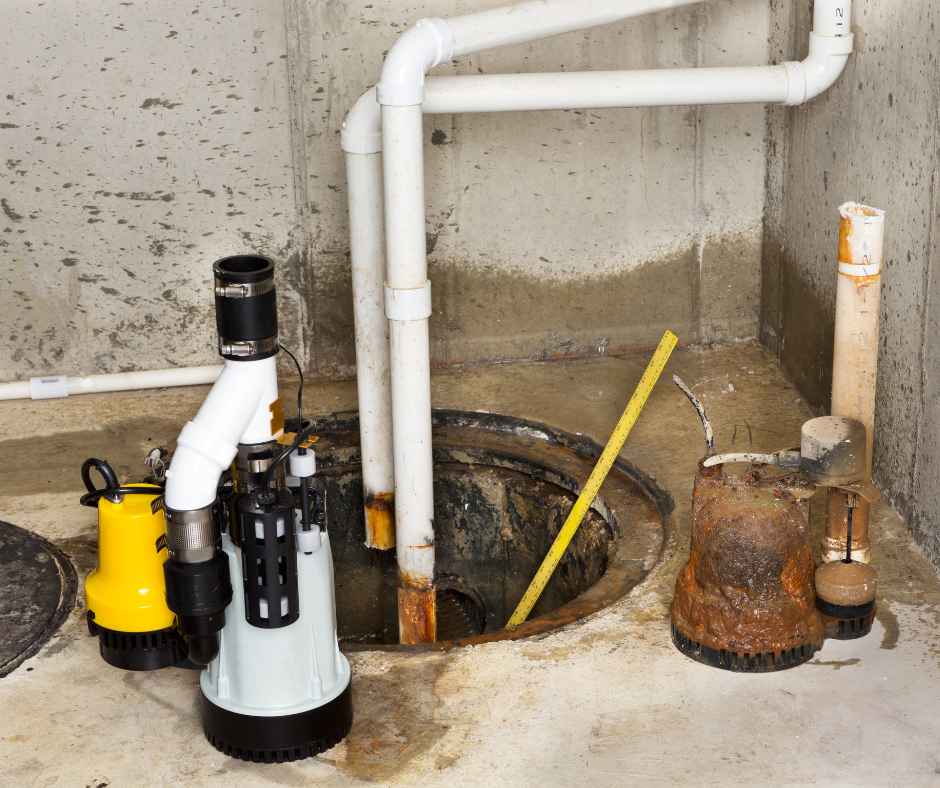
Smart Plumbing Upgrades That Save You Money in New York

Freeze & Burst Protection in Massapequa: How to Safeguard Pipes Before Winter
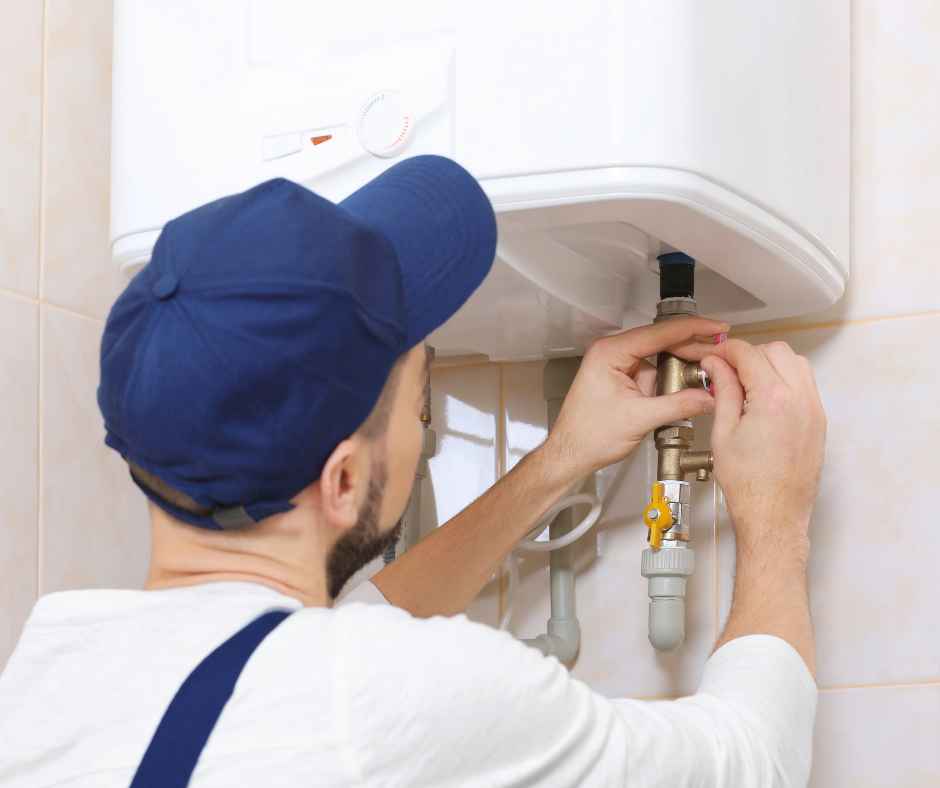
Massapequa Home Plumbing Audit: 20-Point Checklist
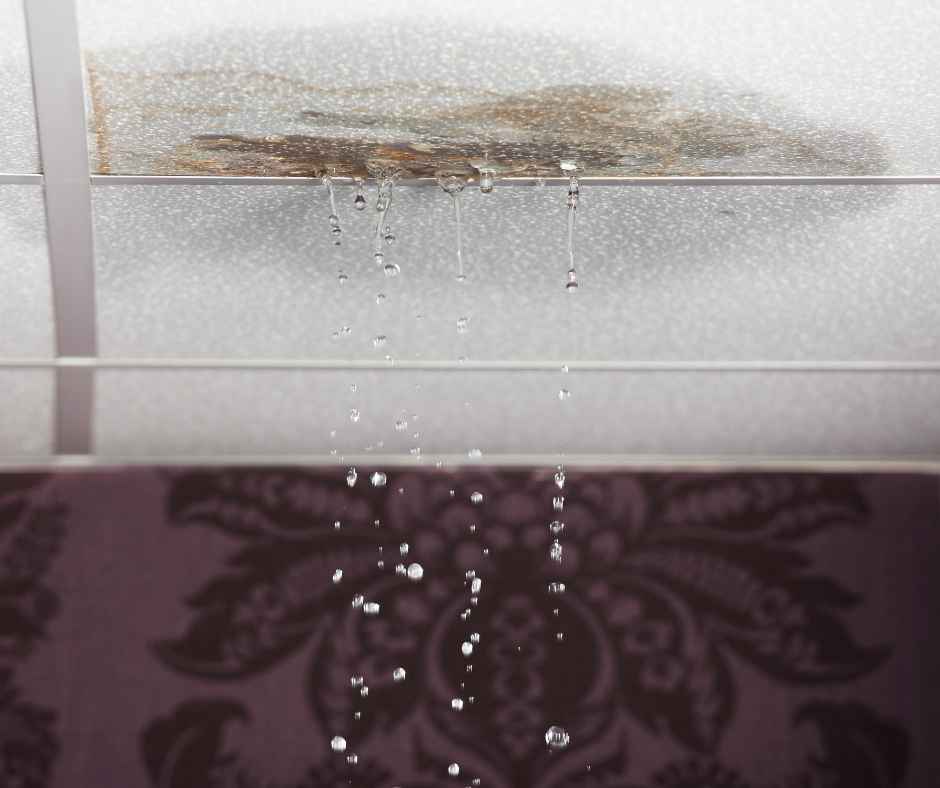
7 Early Warning Signs of a Hidden Leak (and How to Fix Them Fast)
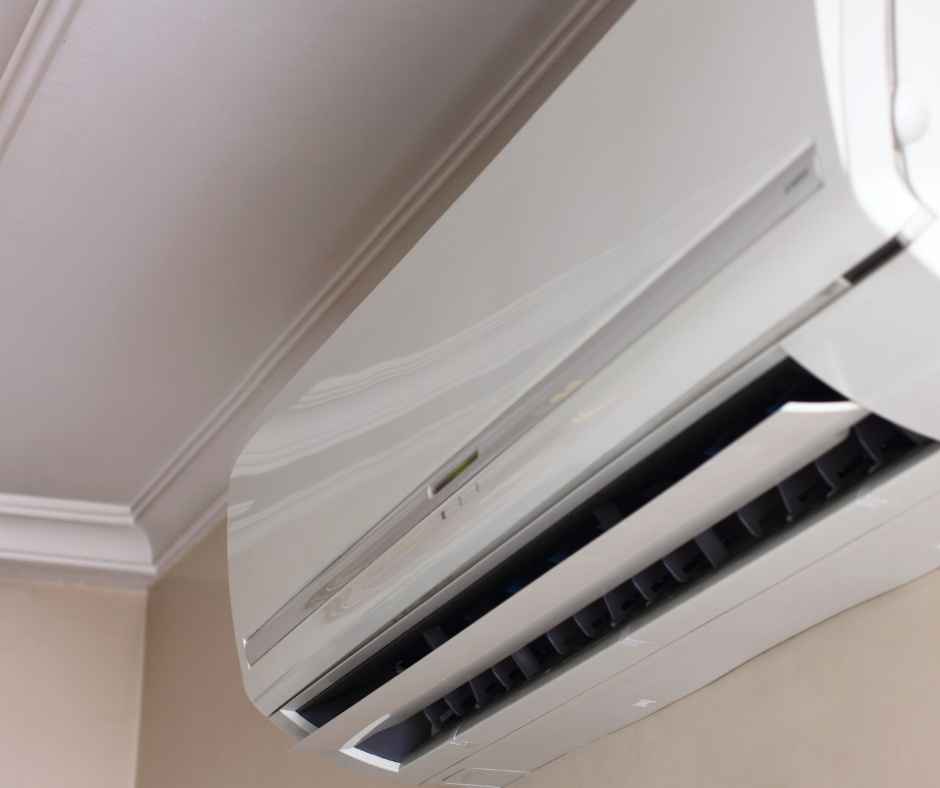
Ductless vs. Central Air Conditioning: Which Is Right for Your Home?
